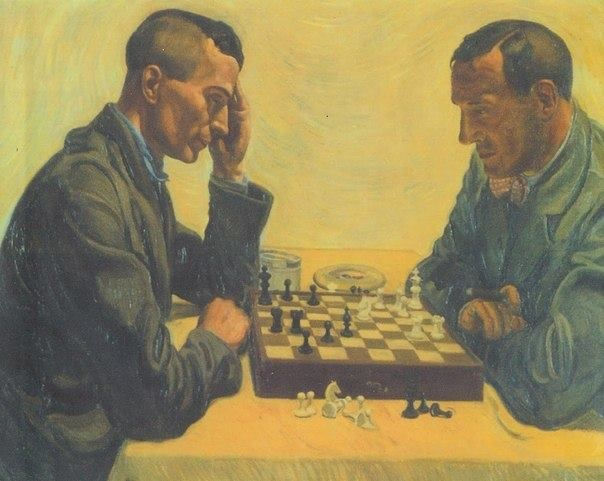Kafka's metamorphosis and leadership according to Toyota Production System
- Yazmin T. Montana

- Apr 5, 2021
- 3 min read
Updated: Jun 8, 2022
Philosophy and the manufacturing industry.
I have found that Kafka's view of Europe in the midst of the industrial revolution is very much alive in the 2020's.
Franz Kafka on his Metamorphosis, revealed the hidden truth of modern men: Work has replaced our creativity.
By substituting teistic beliefs with materialistic and scientific notions, regret becomes a difficult topic for the man of the beginning of the century.
By substituting religion with many other utopies that request perfection out of men without offering trascendence, the individual develops discomfort with his own way of being because his new beliefs do not bring him surrender.
Out of broken materialistic promises, fake idealistic postures and failed earthly paradises, hopelesness and fear are born.
Fear of an unfullfilled life, death without eternity and a name lost in history. This pessimism is what will bring existentialism to a common place in society.
“What a fate: to be condemned to work for a firm where the slightest negligence at once gave rise to the gravest suspicion! Were all the employees nothing but a bunch of scoundrels, was there not among them one single loyal devoted man who, had he wasted only an hour or so of the firm's time in the morning, was so tormented by conscience as to be driven out of his mind and actually incapable of leaving his bed?”
― Franz Kafka, The Metamorphosis
Creative work is our new way to show unicity in a system where homogeneity is highly regarded. The work style of our era offers a sense of belonging, but no sense of personal identity to individuals who struggle to feel attached to the vision of their employers.
TPS proposes the return of the feeling of greater purpose to organizations and individuals.
The Toyota spirit of Monozukuri (making things) is today referred to as "The Toyota Way", and it is based on the philosophy of the complete elimination of waste in the pursuit of the most efficient methods. These ideas, when also grouped with the most modern concepts of continuous improvement, automatization and optimistic futurism can help a new generation of individuals to achieve not only excellence, but the long-lost feeling of purpose.
Everyone should tackle some great project at least once in their life.I devoted most of my life to inventing new kinds of looms. Now it is your turn. You should make an effort to complete something that will benefit society. (Reingold, 1999-The Toyota Way)
Toyoda family members grew up with similar philosophies. They all learned to get their hands dirty, learned the spirit of innovation, and understood the values of the company in contributing to society.
Toyota Production System evolved to meet the particular challenges Toyota faced as it grew as a company. Toyota's own internal Toyota way document talks about the "spirit of challenge" and the acceptance of of responsibility to meet that challenge. The document states:
We accept challenges with a creative spirit and the courage to realize our own dreams without losing drive or energy. We approach our work vigorously, with optimism and a sincere belief in the value of our contribution.
We strive to decide our own fate. We act with self-reliance, trusting in our own abilities. We accept responsibility for our conduct and for maintaining and improving the skills that enable us to produce added value.
The improvement of understanding is for two ends: First, our own increase of knowledge; Secondly, to enable us to deliver that knowledge to others.






Comments